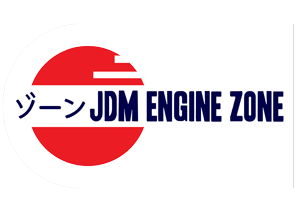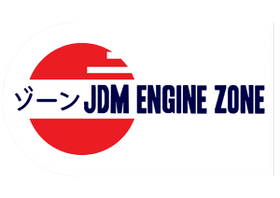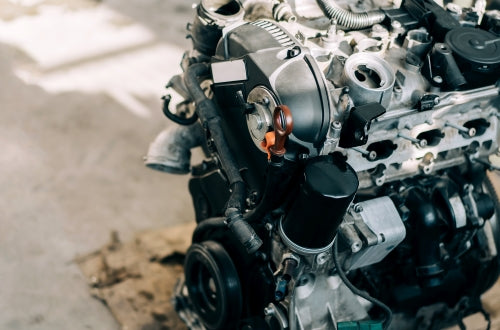How JDM Engines Are Tested and Certified
In this blog post, we will delve into the intricacies of JDM engine testing and certification. We will explore the different types of tests that JDM engines undergo and examine the certification process that ensures their quality and performance.
Compression Tests: One of the most common tests that JDM engines undergo is a compression test. This test measures the engine's cylinder pressure to determine whether the engine is in good working condition. The test involves attaching a compression gauge to the engine's spark plug hole and cranking the engine, with the throttle wide open, to obtain a pressure reading in each cylinder. If the readings are all within acceptable limits, then the engine is considered to be in good condition.
Leak-down Tests: Another important test that JDM engines may undergo is a leak-down test. This test involves pressurizing each cylinder with compressed air and measuring the percentage of air that is leaking into the engine's other systems, such as the crankcase, intake manifold, or exhaust system. If the percentage of leakage is within acceptable limits, then the engine is considered to be in good condition.
Dyno Testing: Dyno testing is a more comprehensive test that uses a dynamometer to measure an engine's power output. This test allows mechanics to evaluate an engine's performance under different loads and speeds, allowing them to fine-tune the engine to optimize its power and efficiency. The dyno test also helps to identify any underlying issues or malfunctions that may be affecting the engine's performance.
Certification Process: Once an engine has undergone all of the necessary tests, it is then certified by a reputable organization. The certification process ensures that the engine meets all the necessary criteria for reliability, performance, and quality. Certified engines are marked with a unique identification number, which allows buyers to verify their authenticity and ensure that they are getting a genuine JDM engine.
Quality Control: Finally, JDM engine suppliers are required to adhere to strict quality control standards to ensure that their engines meet the highest standards of quality and performance. This includes everything from proper storage and handling during shipping to rigorous inspections and testing before the engine is sold to the customer.
JDM engines are some of the most reliable and high-performing engines available on the market today. However, not all JDM engines are created equal, and knowing how they are tested and certified can help you make more informed decisions when looking for the right engine for your needs. Whether you are upgrading your vehicle's engine or looking to replace a faulty engine, understanding the testing and certification process for JDM engines is crucial in ensuring that you get the best possible engine for your vehicle.




